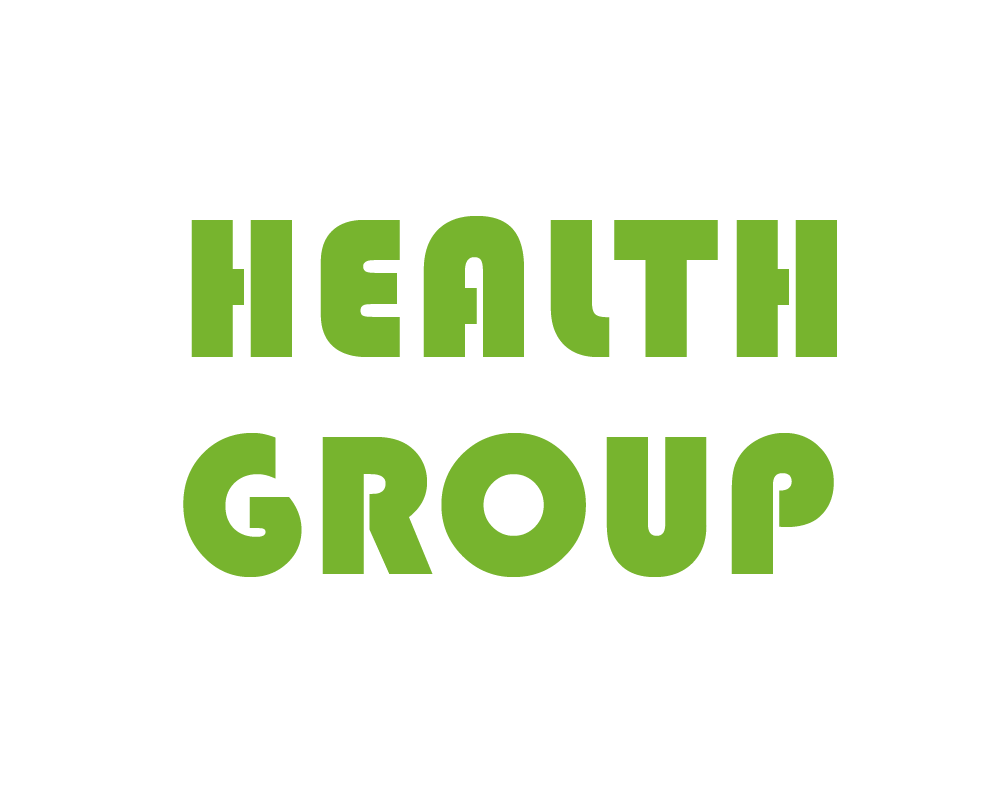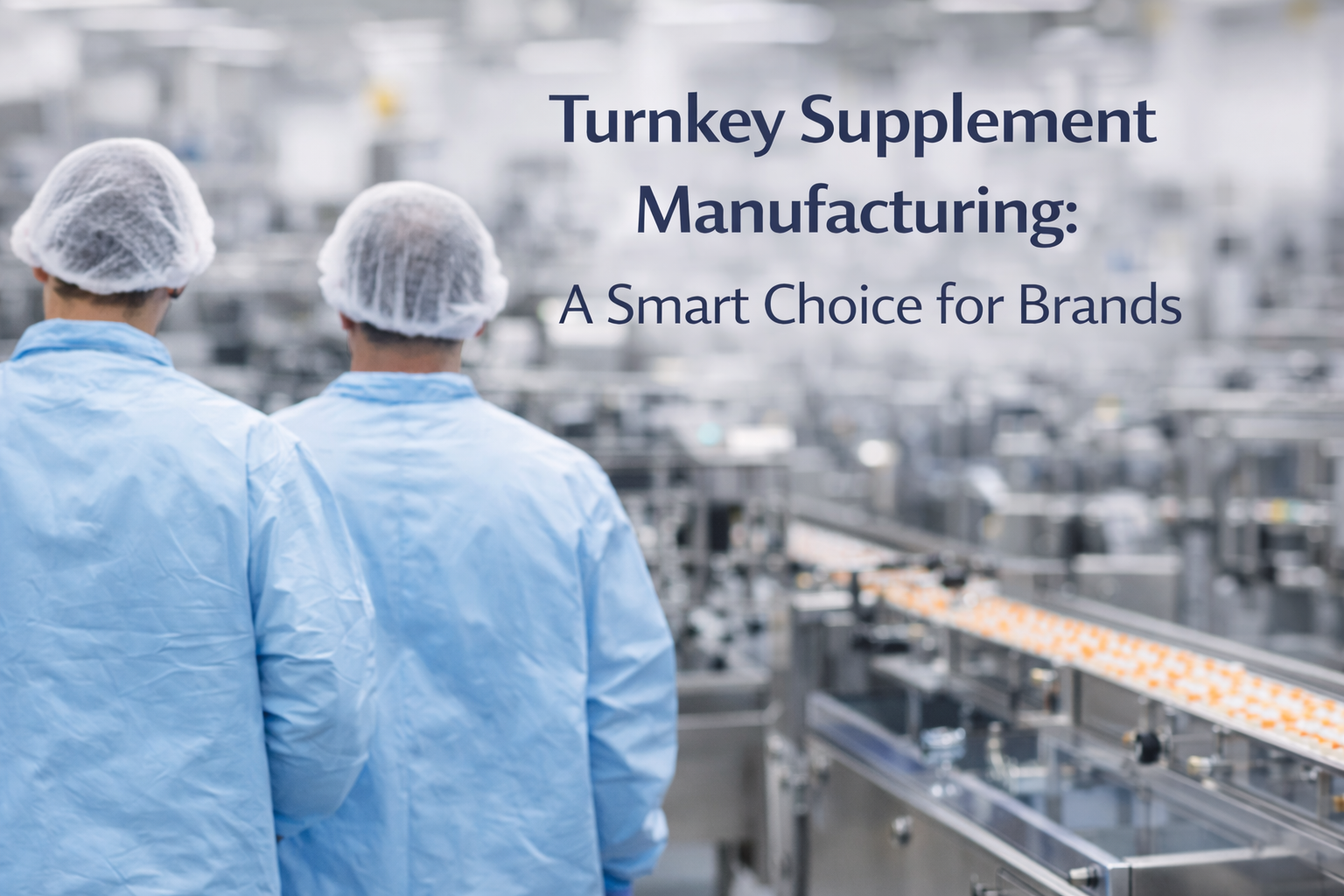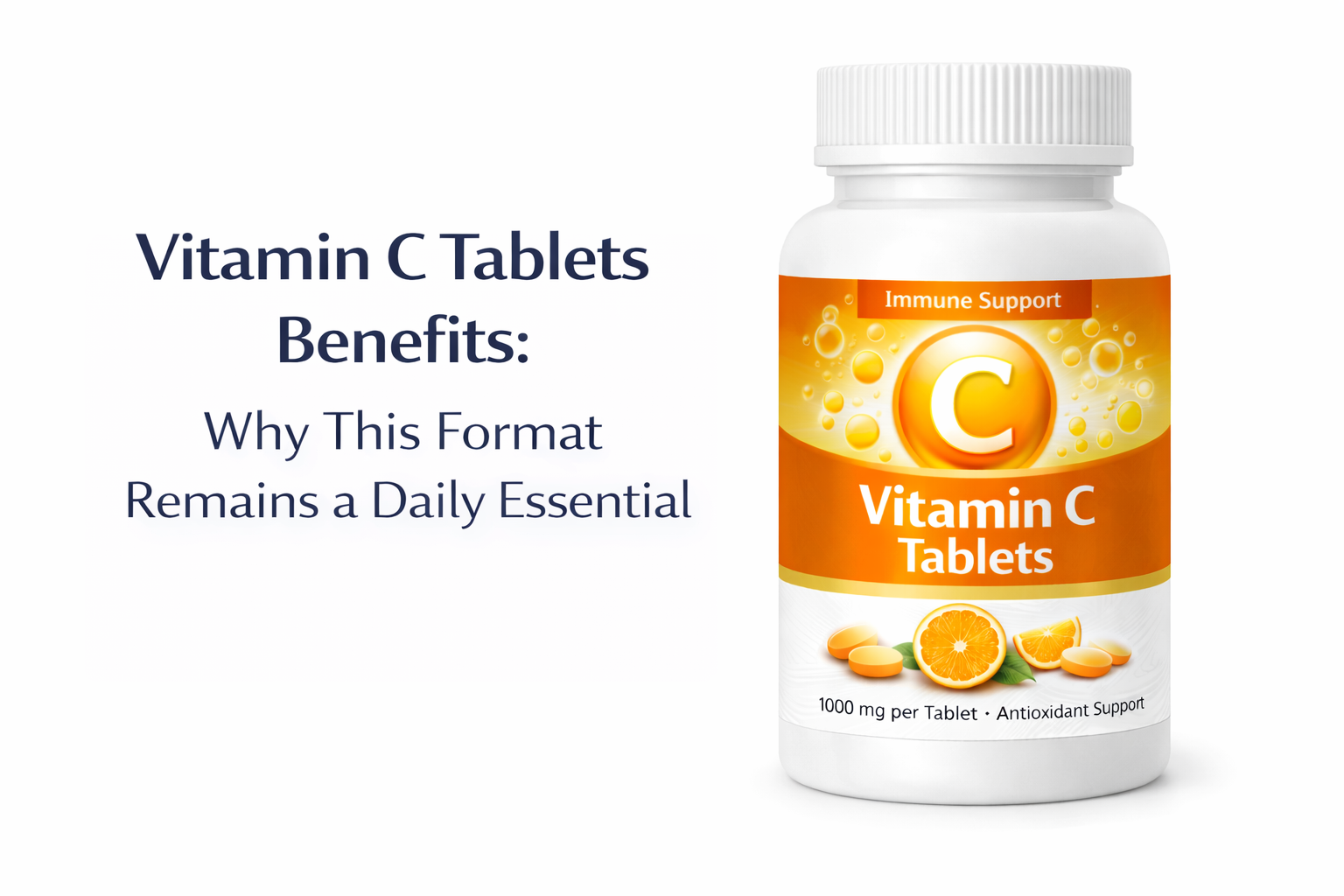
Consumers today care more than ever about what they put into their bodies. Yet, the market is crowded with terms that sound similar but mean different things. Among the most confusing are “functional foods” and “nutraceuticals.” Buyers feel uncertain about what they are really getting. Business owners struggle to classify their products correctly. This confusion can delay launches and hurt sales.
You are not alone if you’ve found yourself second-guessing what each term means. The good news? Once you understand the key differences, you will be able to market your products more clearly, target the right consumers, and make informed manufacturing decisions.
Let’s break down the definitions, overlaps, and differences between functional foods and nutraceuticals. After reading this, you’ll have clarity that will guide better product development, packaging, and labeling strategies.
What’s the difference between functional foods and nutraceuticals?
Functional foods are everyday foods enhanced with health benefits beyond basic nutrition. They include natural options like oats or fortified items like calcium-added orange juice. Nutraceuticals, on the other hand, are products derived from food sources but processed into a form like capsules, powders, or softgels. While functional foods are typically consumed as part of a normal diet, nutraceuticals are concentrated and used more like medicine. Both aim to support health, but nutraceuticals often require compliance with dietary supplement regulations.
Now that you know the basic difference, you may wonder how this applies to your business. Whether you’re in R&D, marketing, or sourcing, understanding the practical distinctions between functional foods and nutraceuticals will help you make sharper decisions.
Let’s go deeper into each concept.
What defines a functional food?
Functional foods are regular foods that provide health benefits beyond basic nutrition. They are either naturally rich in beneficial compounds or fortified with additional ingredients. Examples include fiber-rich oats, antioxidant-packed blueberries, or yogurts with added probiotics.
Functional foods are foods consumed as part of a normal diet that offer extra health benefits. These benefits come from natural compounds or added nutrients like vitamins, fiber, or probiotics.
Functional Food Classification Table
| Type | Example Foods | Added Benefits |
| Naturally occurring | Oats, berries, salmon | Heart, brain, skin health |
| Fortified | Milk with vitamin D, cereals | Bone, immunity support |
| Enriched | Bread with added folic acid | Prenatal health |
What is considered a nutraceutical?
Nutraceuticals are products derived from food but not consumed as traditional meals. They are processed and sold in formats like capsules, tablets, powders, or softgels. They are often used for targeted health outcomes like immune boosting or joint support.
Nutraceuticals are food-based products in supplement form, designed to prevent or manage health issues. They come as capsules, tablets, or powders and are often regulated like dietary supplements.
Nutraceutical Form Comparison
| Form | Delivery Method | Use Case Examples |
| Capsule | Oral | Fish oil, CoQ10 |
| Powder | Mix with water | Greens blends, collagen |
| Softgel | Oral | Vitamin D, Omega-3 |
How are functional foods and nutraceuticals regulated?
The regulatory frameworks vary widely between functional foods and nutraceuticals. Understanding how each is controlled is critical if you want to enter global markets.
Functional foods often follow food safety regulations, while nutraceuticals are regulated as dietary supplements. Each has unique labeling, testing, and approval standards.
Regulatory Overview Table
| Category | Jurisdiction | Oversight Body | Key Requirement |
| Functional Food | Global | Food Agencies (FDA, etc) | GRAS ingredients, nutrition labels |
| Nutraceutical | Global | Supplement Divisions | cGMP, supplement facts panel |
Which is more cost-effective for private label production?
Private label production cost depends on ingredient sourcing, production scale, and delivery format. Functional foods usually cost more in packaging and logistics. Nutraceuticals cost more in formulation and compliance.
Functional foods may cost more to package and distribute. Nutraceuticals may cost more in regulatory compliance. Overall, nutraceuticals often offer better margins at smaller volumes.
[Cost Image Suggestion]
Suggested image: Coin stacks and factory icons under two columns titled “Functional” and “Nutraceutical.”
Private Label Cost Consideration Table
| Factor | Functional Food | Nutraceutical |
| Startup Cost | Higher (perishable goods) | Lower (stable shelf life) |
| Customization | Lower flexibility | High customization |
| MOQ | Higher | Often lower |
How do consumer perceptions differ?
Consumers view functional foods as safer and more natural. Nutraceuticals are seen as more effective and science-backed. Your branding strategy should reflect these expectations.
Functional foods appeal to natural product seekers. Nutraceuticals appeal to results-driven supplement users.
| Perception Factor | Functional Food | Nutraceutical |
| Trust Level | High (natural origin) | Medium (formulated) |
| Expected Speed | Slower effects | Faster results |
| Target Audience | General consumers | Health-conscious buyers |
How do you choose between functional foods and nutraceuticals?
Deciding between the two depends on your brand’s goals, resources, and distribution channels. Each offers different marketing and compliance advantages.
Choose functional foods if your audience prefers natural, daily-use products. Choose nutraceuticals for precision health and lower MOQs.
| Decision Factor | Best for Functional Foods | Best for Nutraceuticals |
| Budget | Large-scale investment | Small batch options |
| Brand Positioning | Lifestyle, wellness | Results, performance |
| Sales Channel | Grocery, retail | E-commerce, pharmacy |
Functional foods and nutraceuticals serve different roles in the health product market. Both offer unique benefits for manufacturers and consumers. Knowing the differences can help you choose the right product type for your business goals. Consider your brand image, audience, and cost structure to decide which path suits you best.
At Shandong Health Biotech, we offer one-stop OEM and ODM services for both functional foods and nutraceutical supplements. Whether you need stock formulas or fully customized gummies, capsules, or powders, we deliver high quality with global certifications. Our flexible MOQ options, transparent sourcing, and support from formula to final packaging ensure that your brand stands out in a competitive market.
Contact us today to start building your health product line.


